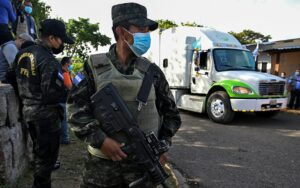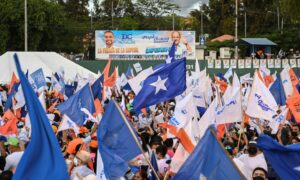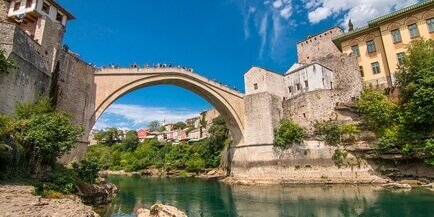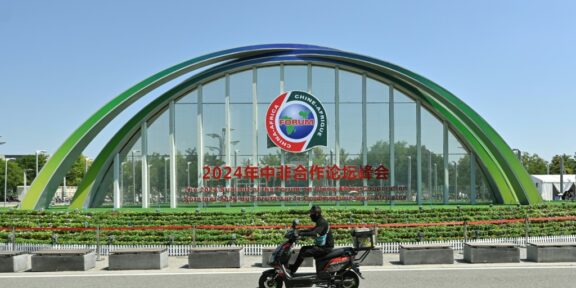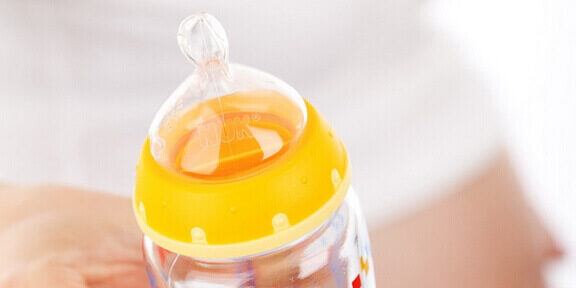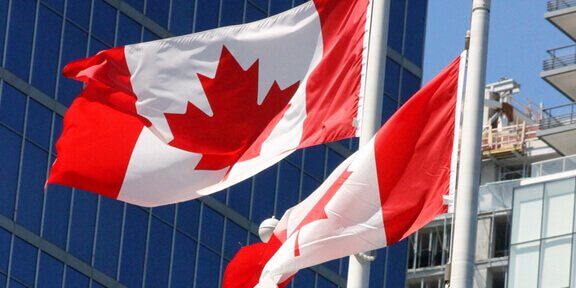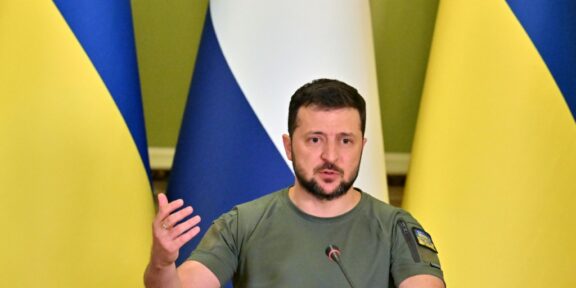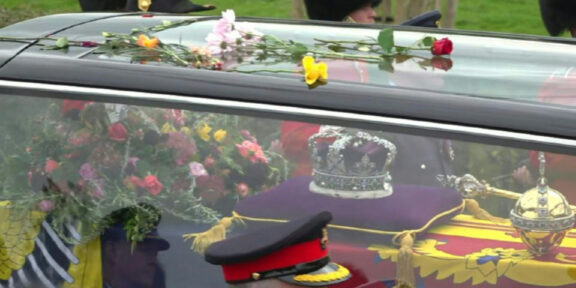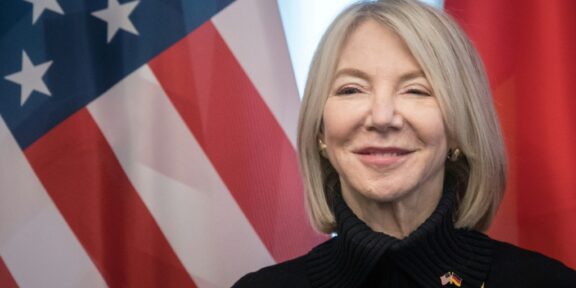Honduras is bracing itself for potential violence as more than five million people vote on Sunday to replace President Juan Orlando Hernandez, a controversial figure accused of drug trafficking in the United States.
Leftist opposition candidate Xiomara Castro led opinion polls last month, but the ruling right-wing National Party (PN) — whose candidate is charismatic Tegucigalpa mayor Nasry Asfura — has had the benefit of better organization and greater resources to run its campaign.
Opposition fears of a rigged poll and reports of pre-election intimidation have led to high tensions.
“If the PN wins the election, even legitimately, there will be a worrying level of violence,” political analyst Raul Pineda, a lawyer and former PN lawmaker, predicted to AFP.
Four years ago, Hernandez stood for and won an unconstitutional second successive term amidst cries of fraud from the opposition and international observers.
That sparked a widespread month-long protest, with the subsequent government crackdown leaving more than 30 people dead.
“There is sufficient fuel… for a new electoral crisis to break out,” said Eugenio Sosa, a sociologist and professor at the National University.
The concerns come for a country already ravaged by violent gangs, drug trafficking and hurricanes, in which 59 percent of the population of 10 million live in poverty.
– ‘Preparing for war’ –
Many are expecting the worst.
“A kind of paranoia has developed, people are preparing for war” by stocking up on food and water, said Pineda.
But he insists that pressure from Washington — which wants to reduce the triggers for mass Central American mass migration to the US — along with a large corps of international observers, should at least ensure a transparent vote.
Polls open at 7:00 am (1300 GMT) and close at 5:00 pm in the single round of voting.
The crucial moment when “violence could happen” will come three hours later when the National Electoral Council (CNE) is due to announce early results, Gustavo Irias, executive director of the Center for Democracy Studies, told AFP.
“To avoid it will depend on the attitude taken by different political actors, election observers and the US embassy.”
Some 18,000 police and as many soldiers will be on duty around the country.
“We are deployed to guarantee the Honduran people that there will be security and peace,” armed forces general Tito Livio Moreno said in a press conference.
– ‘No narco-states, only narco-governments’ –
The PN has been in power since Manuel Zelaya — Castro’s husband — was ousted in a 2009 coup supported by the military, business elites and the political right.
Corruption and drug-trafficking scandals have engulfed Hernandez and many of his inner circle in recent years, including Asfura.
Hernandez’s brother Tony is serving a life sentence in a US prison for drug trafficking.
Drug barons that the president helped extradite to the US have accused him of involvement in the illicit trade.
Asfura was accused in 2020 of embezzling $700,000 of public money and was also linked in the Pandora Papers to influence-peddling in Costa Rica.
The third major candidate of 13 in the presidential race, the Liberal Party’s Yani Rosenthal, spent three years in a US jail after admitting to laundering drug-trafficking money.
These scandals have played into former first lady Castro’s hands.
“Honduras is internationally known as a narco-state but there are no narco-states, only narco-governments,” said former politician Pineda.
“People won’t vote for Xiomara (Castro), they will vote against Juan Orlando Hernandez and what he represents,” said Pineda.
Castro, of the LIBRE party, led some opinion polls in October by 12 to 17 percentage points.
– ‘Nothing for Honduras’ –
For many voters, the main issue worrying them is jobs.
Unemployment jumped from 5.7 percent in 2019 to 10.9 percent in 2020, largely because of the coronavirus pandemic, according to a study by the Autonomous University.
The country was also ravaged by two hurricanes in 2020.
As he begged for money at a traffic light with his eight-month-old daughter in his arms, Elvin Aguilar, 32, said he was hoping the new government would provide “work and everything else.”
“Xiomara (Castro), she can make things change in the country,” said Luis Andino, 27, as he stood amongst a gaggle of people outside the national trade institute trying to flag down motorists to offer them help to qualify for a driving licence.
Karen Amador, 22, a street vendor selling baleadas, a typical Honduran stuffed tortilla, said she would not vote as “none of them have anything to offer Honduras.”
Hondurans will also elect the 128 members of the National Congress and 20 representatives of the Central American parliament.
bur/bc/caw/dva